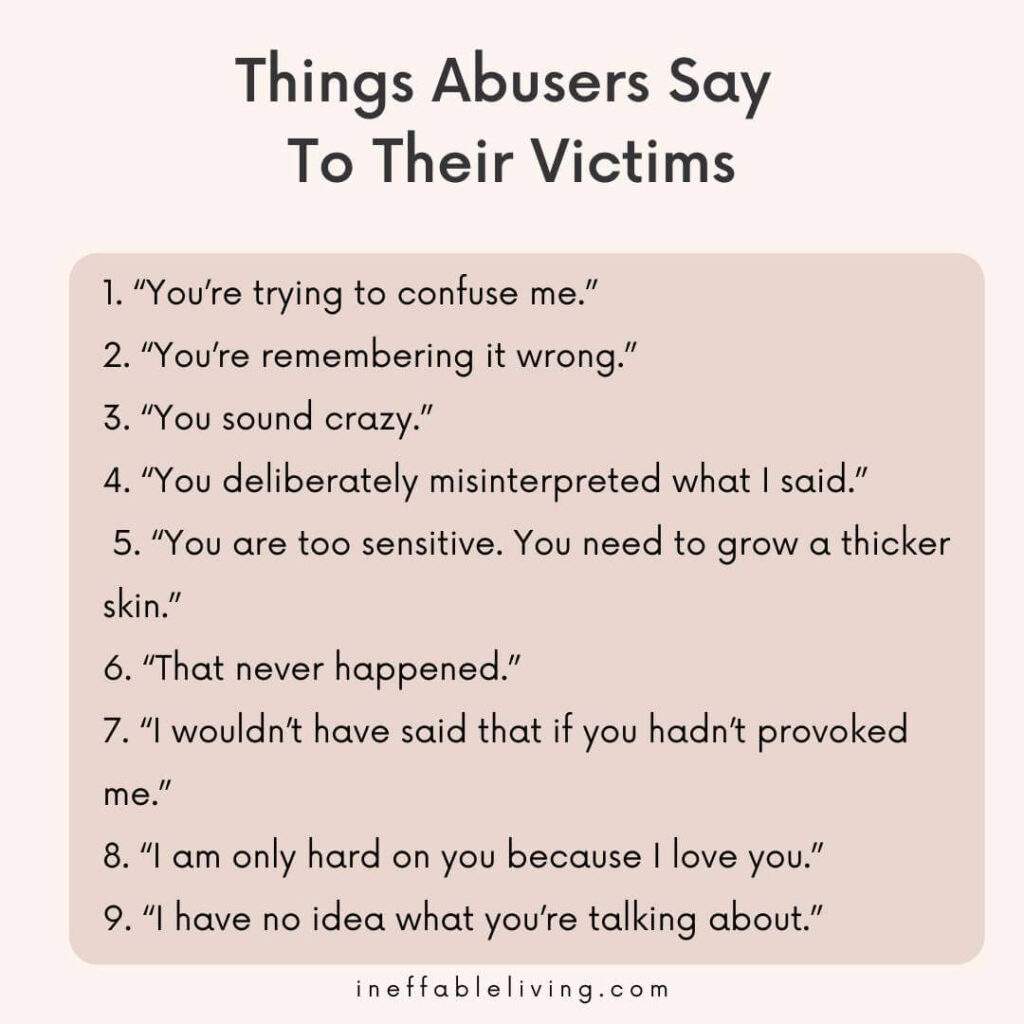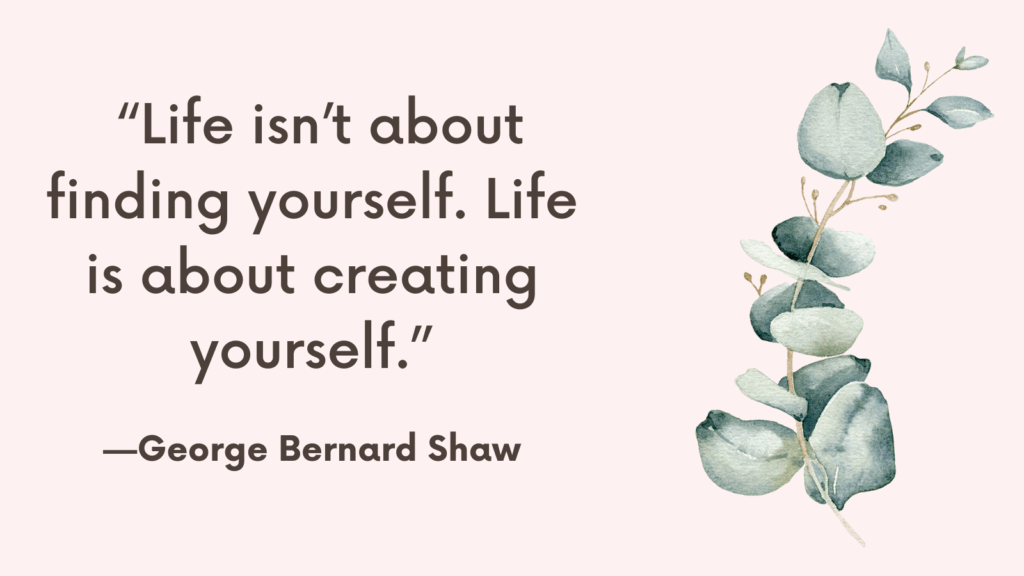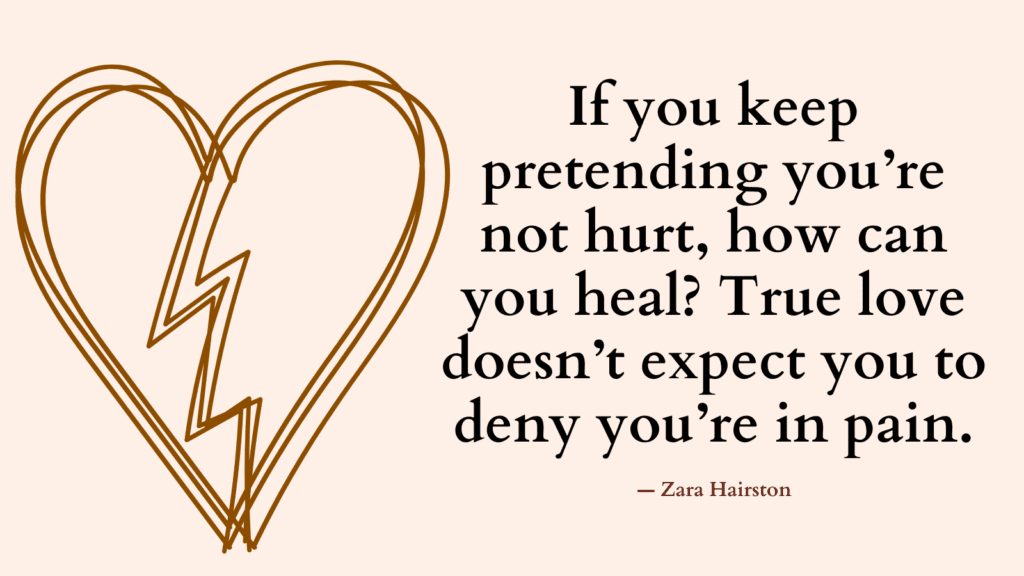This post contains some common examples of things abusers say to their victims.
Things Abusers Say To Their Victims
Abuse can take many forms. It can be physical, emotional, psychological, sexual, verbal, intellectual, or spiritual.
But people can experience more than one form of abuse. For instance, physical abuse often co-occurs with verbal abuse.
The following are examples of common things abusers say to their victims.
Related: Top 10 Signs Of Toxic Shame In A Person (+Best 20 Healing Shame Exercises)
1. Gaslighting
Gaslighting is a form of covert emotional abuse where the abuser misleads the victim, making them question their judgment and sanity.
Things abusers say to their victims to gaslight them:
1. “You’re trying to confuse me.”
2. “You’re remembering it wrong.”
3. “You sound crazy.”
4. “You deliberately misinterpreted what I said.”
5. “You are too sensitive. You need to grow a thicker skin.”
6. “That never happened.”
7. “I wouldn’t have said that if you hadn’t provoked me.”
8. “I am only hard on you because I love you.”
9. “I have no idea what you’re talking about.”
Related: Am I Being Gaslighted Quiz (& How To Recover From Gaslighting In 10 Steps)
2. Gradual Isolation
Isolation is often used by abusers to facilitate control over someone.
This technique makes the victim dependent and prevents them from being rescued or escaping the abuse.
Gradual isolation may include limiting and controlling the victim’s social activity: the people they see, the people talk to, where they go, etc.
Things abusers say to their victims to isolate them:
1. “Your friends don’t have your back like I do.”
2. “Everyone thinks you’re crazy.”
3. “You don’t love me. If you did, you wouldn’t leave me to go out with your friends.”
4. “I don’t like your friends. I don’t think you should be hanging out with them.”
5. “Your family drives me bonkers.”
Related: Healing From Emotional Abuse In 12 Practical Steps
3. Name-Calling and Insulting
Although name-calling can be an obvious form of abuse, sometimes victims don’t recognize it as abusive, especially when it’s disguised as “jokes.”
Name-calling is especially damaging when it refers to someone’s identity, masculinity/femininity, etc.
Things abusers say to their victims to insult them:
1. “Man up.”
2. “Your job seems pointless.”
3. “You look like a hippo.”
4. “You make me miss my ex sometimes.”
5. “Real women have curves.”
6. “You have a pretty face for your size.”
Related: Covert Verbal Abuse: What Is It & How To Recover From Verbal Abuse
4. Guilt-Tripping
Abusers use guilt-tripping to push against your boundaries.
Guilt-trips are basically requests for our consent to cross the boundaries we set to protect ourselves.
Victims may not consider that people who want the best for them will respect their boundaries and that the abuser is the only one who has problems with their boundaries.
Things abusers say to their victims to guilt-trip them:
1. “Aren’t you ashamed of yourself for not accepting my invitation, after I’ve spent so much time and effort putting everything together.”
2. “If you love me you’ll come to the event.”
3. “Just be positive, you’re bringing everyone down.”
4. “Nothing I do makes you happy. You’re so ungrateful.”
5. “People are starving and homeless. Just be grateful.”
Related: Emotional Abuse In Relationships Quiz
5. Blame-Shifting
Blame-shifting is the abuser’s way of escaping responsibility and controlling their victim.
The victim eventually comes to believe that they are to blame and try hard to fix the issue. But this never works, since the problem is out of the victim’s control.
If anything, trying to be nicer and more accommodating only serves to make the abuser even more aggressive because they sense that the victim believes it’s their fault and this validates the abuser’s sense of entitlement.
Things abusers say to their victims to blame-shift:
1. “You make me so upset.”
2. “I wouldn’t have said that if you didn’t provoke me.”
3. “I wouldn’t have gotten angry if you wouldn’t nag so much.”
4. “I wouldn’t have lied if you didn’t get upset.”
Need help? In the U.S., call 1-866-331-9474 or text “loveis” to 22522 for the National Dating Abuse Helpline.
Related: Can Abusers Change? Top 17 Myths About Abusive Men That Make Women Stay With Abusers

How To Deal With Emotional Abuse?
Emotional abuse can be a challenging and painful experience, but there are steps you can take to help yourself. Here are some suggestions:
1. Recognize the signs
Understand what emotional abuse entails and identify the patterns or behaviors that contribute to it.
This includes belittling, manipulation, control, humiliation, and constant criticism.
2. Seek support
Reach out to trusted friends, family members, or support groups who can provide understanding, empathy, and guidance.
Sharing your experiences with others can help validate your feelings and give you a sense of perspective.
3. Set boundaries
Establish clear boundaries with the person inflicting emotional abuse.
Communicate your limits and expectations, and be firm about what you will and won’t tolerate.
Stick to these boundaries and avoid engaging in arguments or confrontations that perpetuate the abuse.
4. Prioritize self-care
Focus on activities that bring you joy and promote self-healing.
Engaging in hobbies, practicing mindfulness or meditation, exercising, and spending time with positive people can help rebuild your self-esteem and provide a sense of peace.
5. Create an exit plan (if necessary)
If the emotional abuse is ongoing and you feel unsafe, it may be necessary to plan your exit from the situation.
Consult resources like helplines, domestic violence hotlines, or local shelters that can guide you through the process of leaving an abusive situation safely.
Conclusion
Remember, your well-being and happiness are important.
You deserve to be treated with respect, kindness, and love.



